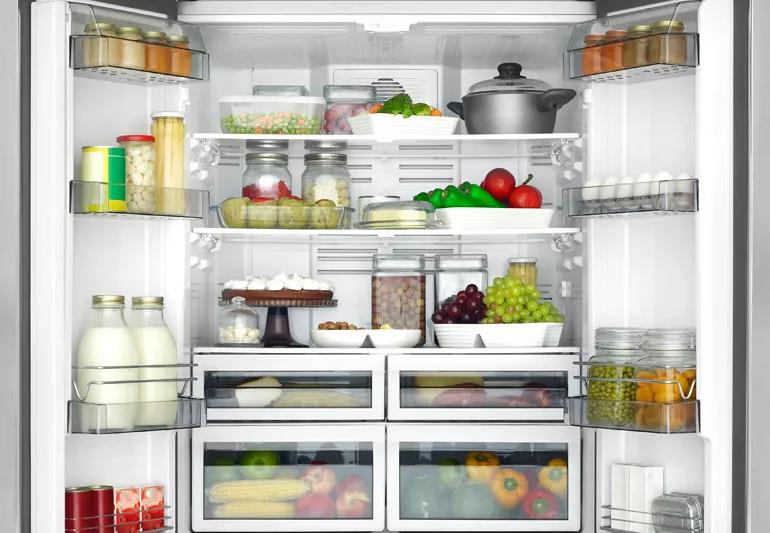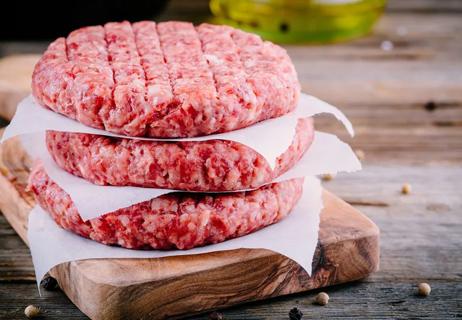The great food storage debate

You’ve returned from the farmer’s market or grocery store with a haul of healthy food. Now you wonder, where do I store it all?
Advertisement
Cleveland Clinic is a non-profit academic medical center. Advertising on our site helps support our mission. We do not endorse non-Cleveland Clinic products or services. Policy
The answer — butter on the counter, anyone? — isn’t always as simple as it seems. Registered dietitian Ariana Fiorita, RDN, LD, IFNCP, gives storage guidelines for some common foods.
Advertisement
Advertisement

Sign up for our Health Essentials emails for expert guidance on nutrition, fitness, sleep, skin care and more.
Learn more about our editorial process.
Advertisement

Leftovers can be kept in the fridge for three to four days or frozen for three to four months

Ultimately, rice is safe to eat, but the type, where it’s grown and how you cook it may be factors to consider

Washing your hands, thoroughly cleaning kitchen tools and preparing meat separately can reduce the risk of foodborne illness

Extended outages lasting more than four hours can make food in your fridge unsafe to eat

Make your home a no-fly zone by cleaning your drains, refrigerating your produce and DIYing a fruit fly trap

Microwaves use non-ionizing radiation and haven’t been shown to cause cancer — follow food safety practices and use microwave-safe containers

Once perishable food hits the table, it’s typically good for about two hours

Color, texture, smell and expiration date all hold important clues

Even small moments of time outdoors can help reduce stress, boost mood and restore a sense of calm

A correct prescription helps your eyes see clearly — but as natural changes occur, you may need stronger or different eyeglasses

Both are medical emergencies, but they are very distinct events with different causes